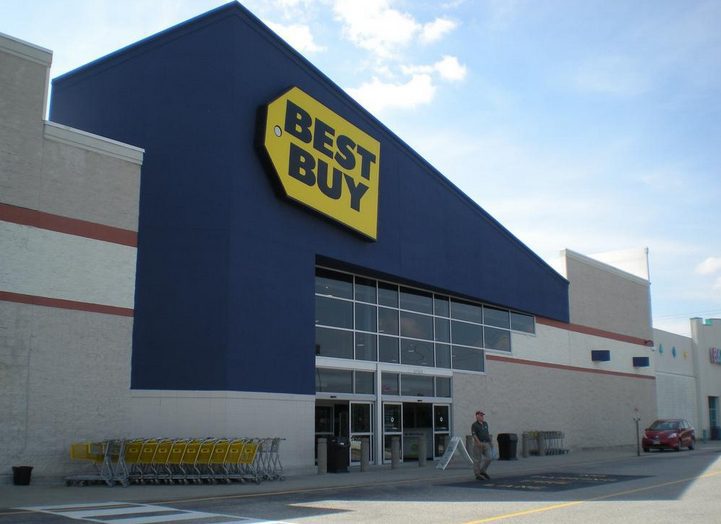Best Buy announced over the weekend that it would be consolidating its Canadian business. During the process, Best Buy will plan to focus more on its name brand locations and closing some of the Future Shop locations it acquired in 2001.
Because many Best Buy and Future Shop locations are in close proximity to each other, the electronics retailer plans to shut down 66 Future Shop stores, according to Forbes. Up to 1,500 employees across the country will lose their job as a result of the consolidation. Part-time workers make up approximately 70% of this employee pool.
For the 2014 fiscal year, international revenue increased 2% year-over-year to $4.16 billion, according to the retailer’s earnings call. Although Best Buy experienced an uptick in comparable store sales in Europe, the company saw a total 6.6% decline due to lagging results in Canada.
But Best Buy still plans to invest up to $160 million in Canada to make in-store products available to customers across the country and expand its in-store pickup offering to more locations.
“For more than a decade, having two brands and even two stores typically only minutes apart, actually worked,” Best Buy spokesman Matt Furman said, as reported in a Wall Street Journal Wall Street Journalarticle. “What’s changed now is that the market is not growing in Canada. What we need now are fewer but better stores and a single brand we can invest in.”
Best Buy is one of several retailers forced to rethink their Canadian expansion plans. Most recently, Target announced that it would shutter its Canadian operations and take a $5.4 billion write-down due to costs associated with the failed business. In addition, Sony also announced in January 2015 that it would close all 14 of its stores in the country, while Sears revealed that it would sell the majority of its stake in the Canadian unit.
A key reason why some brands and retailers fall flat in their Canadian expansion plans is that they do not thoroughly think about how they will differentiate from competitors in an entrenched marketplace. Specifically retailers should ask: Why should Canadians shop with us versus our competitors? What do we offer that our competitors do not? Is there a gap in the market that we can fill?
“The responses to these questions lead us to better understand why Canadian expansion wasn’t wise for Target Canada,” said Ali Asaria, CEO of Tulip Retail, in a Retail TouchPoints article. “The company doomed itself from the start by the way it approached the market and attempting to fill the same role in Canada as it does in the U.S.”
Retailers also need to consider the preferences and buying behaviors of Canadian consumers. They “tend to be deal hunters and sensitive to price gaps with the U.S.,” noted Joel Alden, a partner in the retail practice of A.T. Kearney. But at the same time, retailers need to remember that because Canada is a large country with low population density, supply chain operations will be “more expansive and less responsive.”













